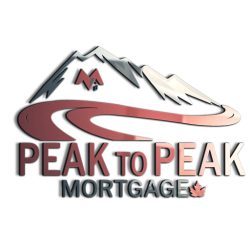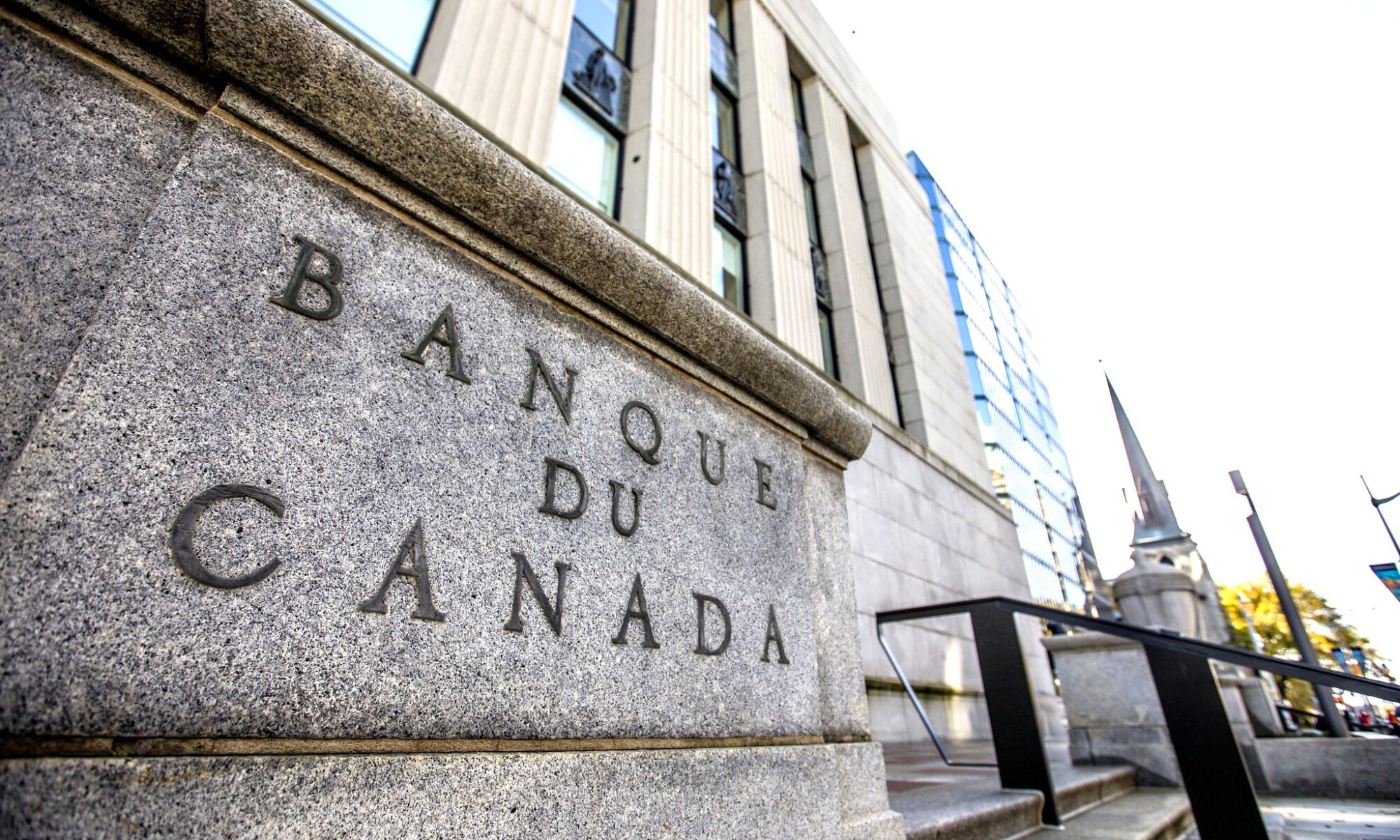Ever wonder what is behind interest rate movement?
When some people think of mortgage rates, they think our central bank is behind all of the rate movement – both fixed and variable. In fact, it is the variable rate mortgages that are directly impacted by the rate setting sessions of the Bank of Canada, every 6 weeks. Among other factors, the bank closely watches the latest inflation figures and sometimes projected inflation, when making their decisions on whether to move the prime rate up, down, or stay neutral. To get an idea of the bank’s analysis and the factors they take into consideration, take a look at their Monetary Policy Report from July 2025. Topics such as: Current Conditions; Outlook; Global Economy; Risks, and In Focus, provide insight into how the bank arrives at it’s decision on what the policy rate will be set at.
Based on the Bank of Canada’s rate schedule, the next rate announcement is September 17th, 2025.
Our fixed interest rates are influenced by what happens in the bond market. Everyday, institutional investors track indicators of what is happening globally. Simply put, there is a vast analysis that goes on to get a directional sense of economic growth, inflation, and recession.
Some of the indicators that are tracked & influence the bonds include: inflation; employment/unemployment data; retail sales activity; global affairs; GDP (Gross Domestic Product); political changes; and commodity prices, to name a few.
We see adjustments with the bonds daily. When there is enough micro movement in one direction or another, that’s when we see the available fixed mortgage rates either go up or down.
Sometimes the variable and fixed rates move in tandem, but not always. They each have their own realm when it comes to timing.
In general terms, when we see upward pressure on inflation, this is when we see upward pressure on rates; and when we see downward pressure on inflation, this is when we have opportunities for lower rates.
Understanding the difference between fixed & variable rates is important when choosing which mortgage term is right for you. When you take on a mortgage, you are taking on an interest rate contract, and these contracts will have different penalties for early repayment. This is our information post that discusses the penalty differences between fixed and variable rate mortgage terms.
Having a discussion about rates and the right term to choose is something we do with every pre-approval.
The next time you hear about the next Bank of Canada rate announcement and wonder if the rates will change, now you have an understanding of what is behind interest rate movement, and the reasons behind how the fixed and variable rates are set.


